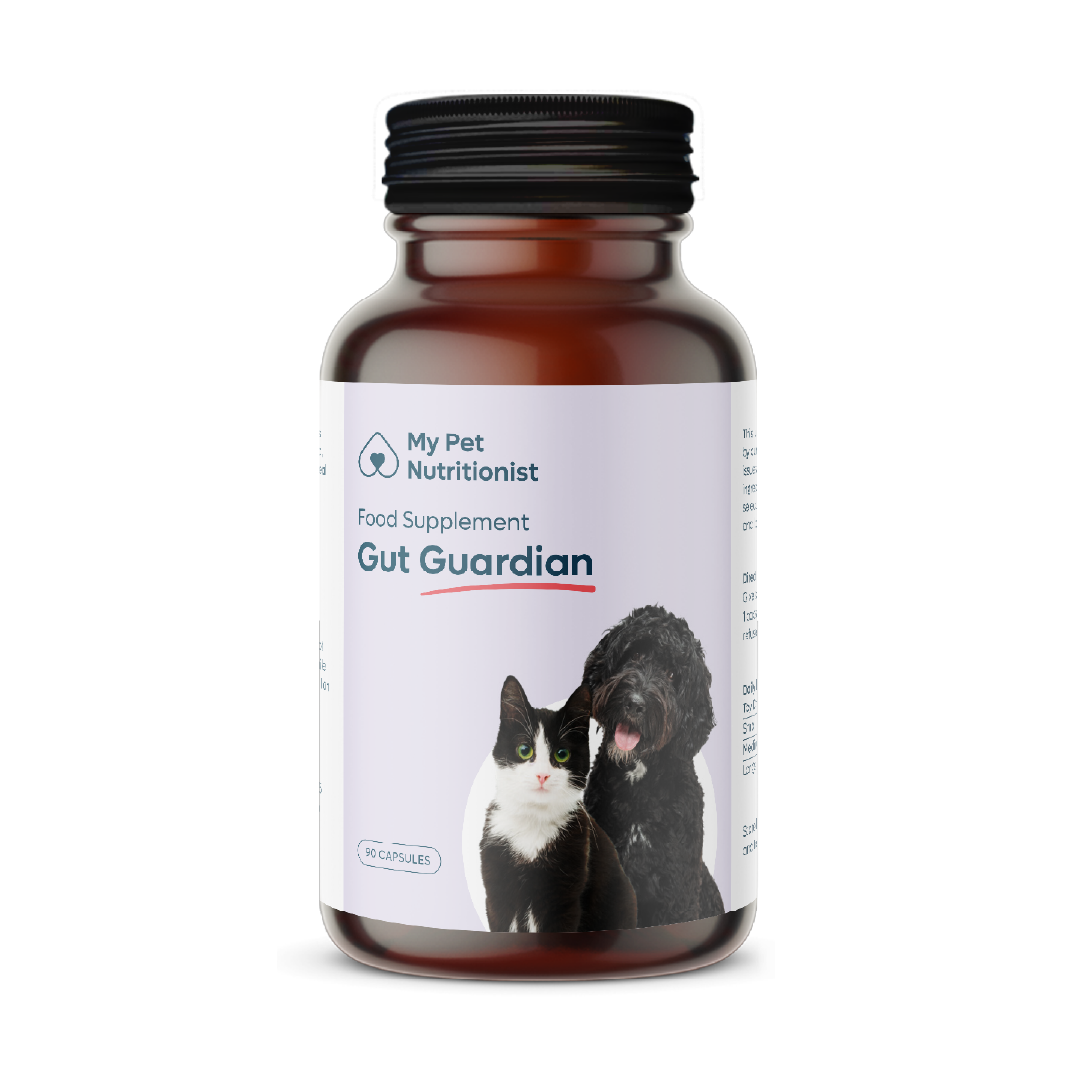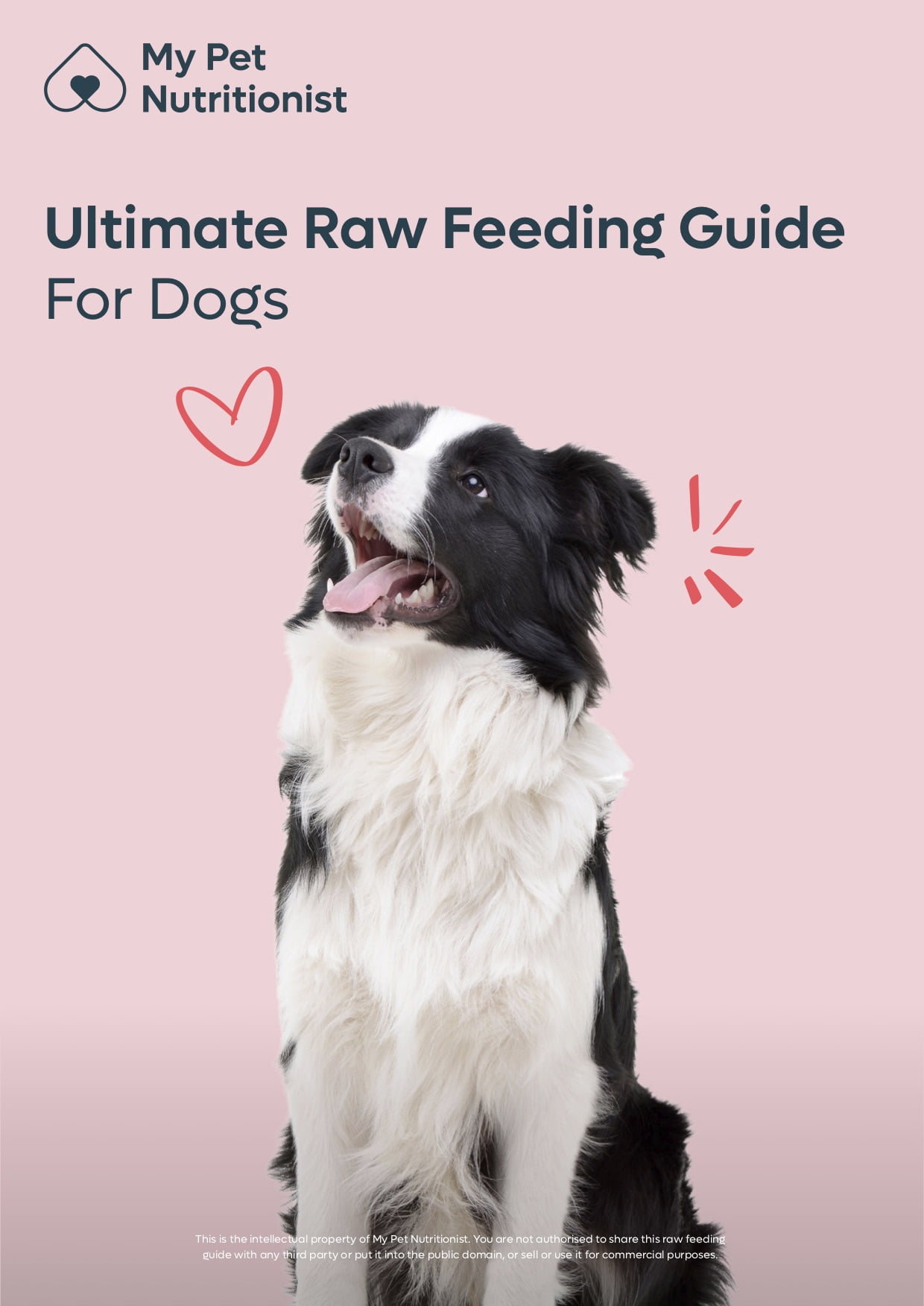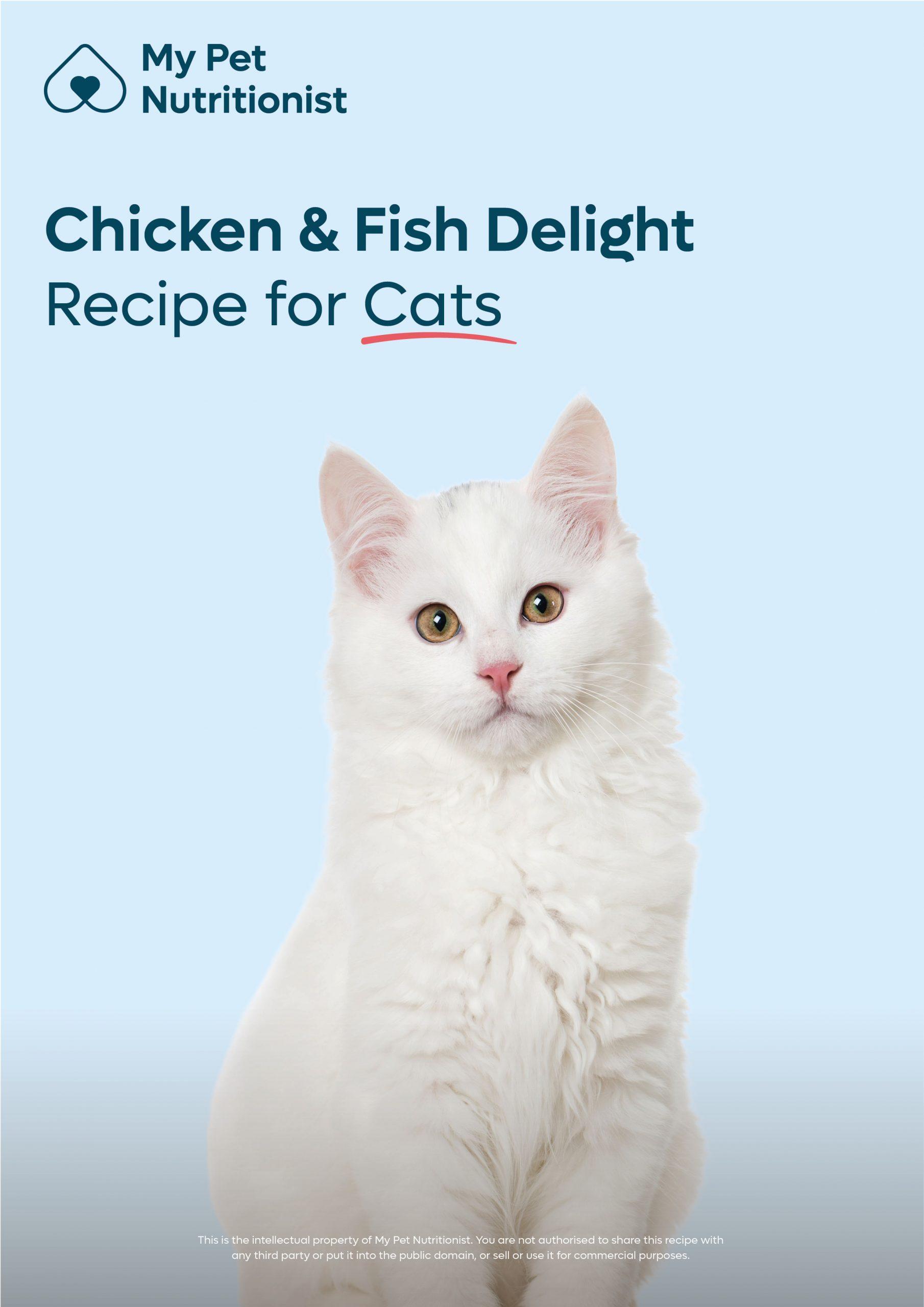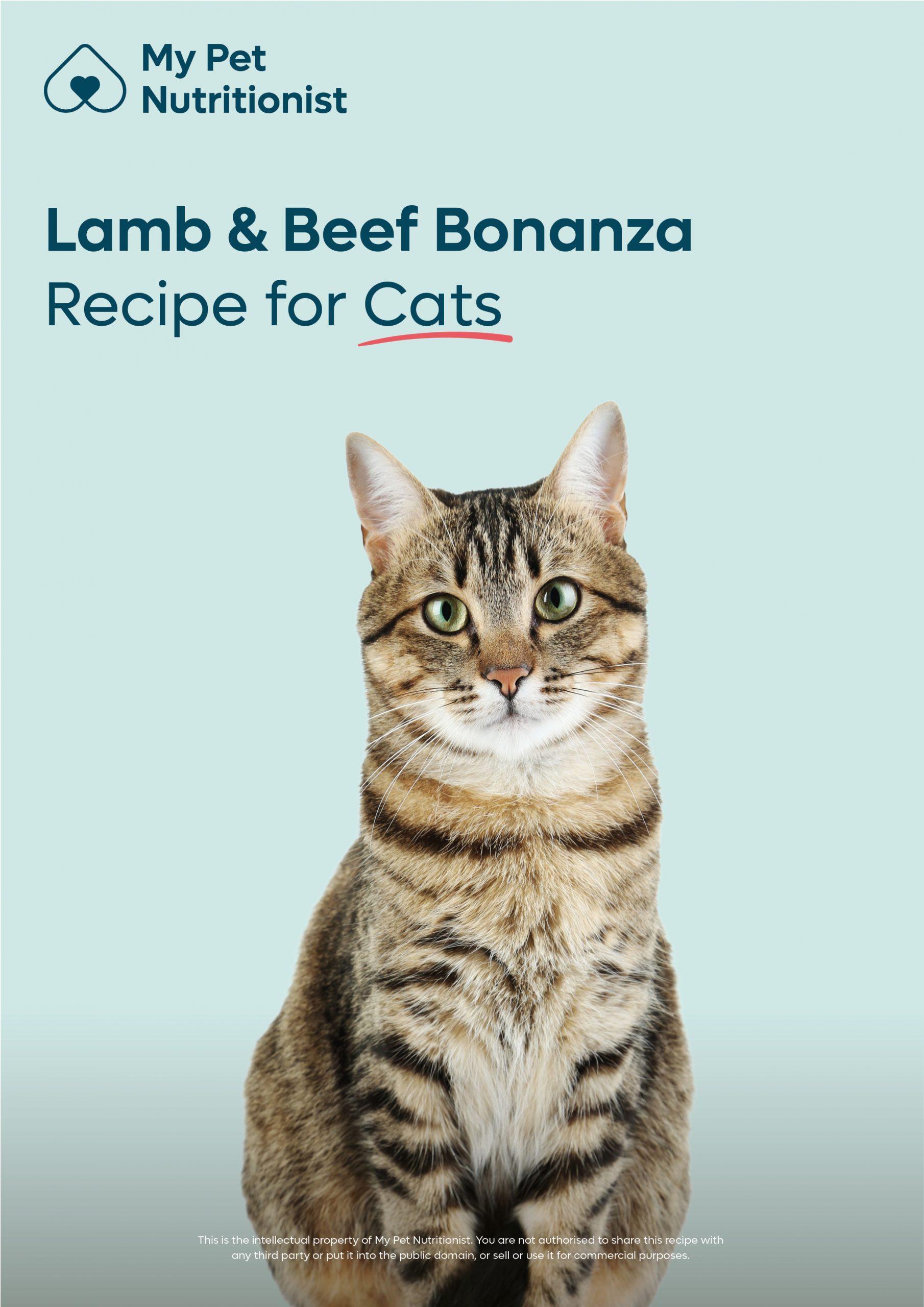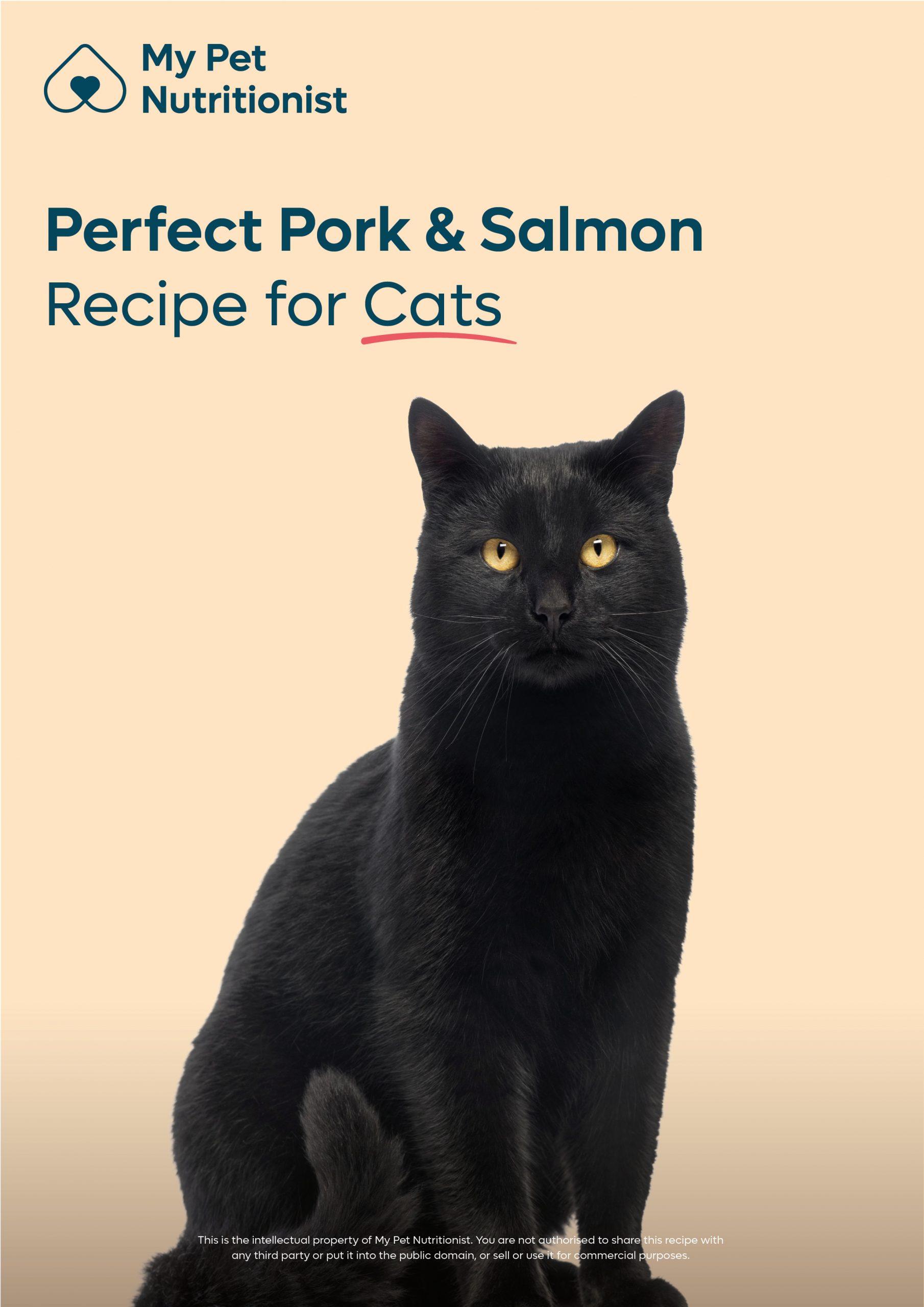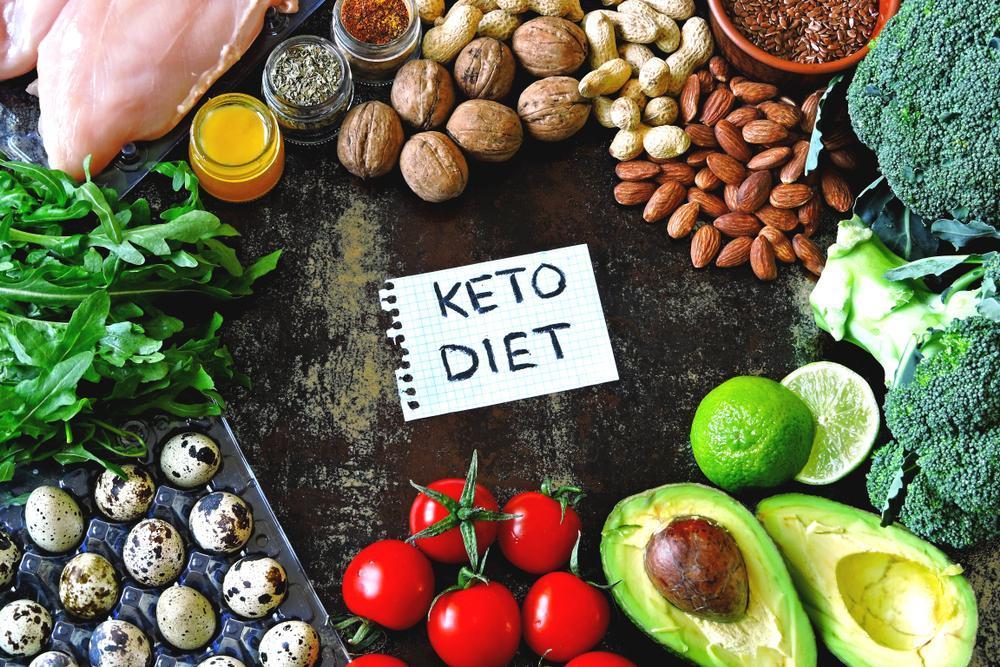
Cancer in Pets Part 1: Immunity and Diet
- February 28, 2020
- 6 min read
Cancer is the second most common reason clients consult with MPN. Cancer is an epidemic! It’s estimated that almost 50% of cats and dogs will die from some form of cancer. When considering the full picture of health, at MPN we look at genetics, breeding, health of pregnancy, birthing, weening, environment, nutrition and the functionality of all 8 body systems (neurological, digestive, cardiovascular etc). In order to truly understand your pet’s needs, all these factors must be taken into consideration to obtain the best plan.
Particular breeds or certain breeding will transcript coding that makes cancer more likely in certain cats and dogs, however this isn’t exclusive to genes and breeding. This is prevalent and likely in pets who experience chronic inflammation and experience an immune malfunction due to a number of factors.
What is cancer
Cancer is the uncontrolled growth of abnormal cells in the body. Cancer develops when the body’s normal control mechanisms cease to work. Old cells do not die and form new, abnormal cells that can grow at a fast rate. These extra cells may form amass of tissue, called a tumour.
The Immune system
In 2013, Dr Thomas Seyfried demonstrated that cancer is a metabolic dysfunction of the mitochondria (energy producing organelles in cells), triggered by toxin overload. That is the very nature of cancer but how we end up there is very much to do with the immune system.
In order to support cancer one of the major contributing factors is the immune systems functionality and how it responds to invading cancer cells.
Cancer is an inflammatory disease. I see Cancer as an ‘immune malfunction’ where a consistent imbalance in the immune system, tips into inflammation. In more than basic terms, the immune system is split into 2 phases, Th1 and Th2. In a healthy pet, Th1 and Th2 cells are maintained in a carefully regulated balance.
If a bacterium enters the body, it activates Th2 cells that dominate the network to begin a cascade of immune events leading to an antibody response that clears the infection. If a virus enters cells in the body, it activates Th1 cells which dominate and instruct the killer cell response to clear infected cells. Once the infection is cleared, suppressor cells are activated to shut down the dominate response and bring the network back into a resting state.
If the suppressor cells do not act to bring the network back to a resting state, a pathological Th1 or Th2 dominated immune system results.
A Th2-dominated immune system is characteristic of cancer patients where the killer cell response in TH1 is suppressed (recognising defective cells). Patients with advanced cancer often have impaired cell-mediated immunity associated with a switch from Th1 to Th2.
Research shows that cancer patients, exist in a state of Th2-mediated “chronic inflammation”. Findings suggest that Th2 dominance status encourages carcinogenesis (the initiation of cancer formation).
There’s a lot we know about immunity but still so much we don’t. It’s a complex issue but understanding the very basics can help us look at things differently and can help to support your pet.
Cancer diet
Nutrition is obviously a key factor in supporting cancer. We find the fresher the food the better. Natural, fresh, homemade, and perhaps raw are best (it depends on the immune function: I often suggest lightly cooked dependent on the individual).
Intense processed food is definitely not the best choice for optimum health. We know dry food can lead to more inflammation from independent research. Most dry food contains around 35-50% sugars, due to the starch content that binds it all together. Cancer LOVES sugar, this was documented years ago but has never been much of a focus with regards to cancer care until more recent years.
We also know from recent research from Dog Risk at the University of Helsinki, that a controlled study of dry fed and raw fed dogs, raised disease markers when fed dry food.
The study demonstrated clear data of increased plasma homocysteine in the variations of the dry fed dogs as opposed to raw. We know that homocysteine is a marker for disease and closely linked to cardiovascular complications and other disease states. Recent advances have shown that increased plasma homocysteine could be correlated to cancer also.
We are not necessarily advocating raw, in fact in some cases we actively recommend lightly cooked but the above demonstrates differences in metabolites, in dry verses fresh. Fresh always seems to prevail with the best results.
It is important to know that not all foods will suit your pet and looking into this is an imperative part of the process.
Immune mediated responses can arise from food sensitivities, food allergens, environmental allergens and toxins on a daily basis and sometimes owners aren’t aware of this. This can lead to a permanent state of inflammation. An allergic response is a TH2 response so consistently being exposed to allergens can put your pet in a permanent state of TH2. See above to know that this isn’t groovy for cancer patients or general well-being. Allergies and cancer can by hyperlinked.
In fact, histamine (a compound often released in response to an allergy) is commonly known to induce tumour proliferation and immune suppression in certain cases.
Ketogenic Diet
The ancient Greek practitioners were well known for using ketogenic diets and although it seems more of a new concept and revelation, it’s been around for donkey’s years, so we can’t lay claim to creation. That said, there is a lot of information and research regarding the benefits of keto diets and cancer amongst other disease. In fact, there’s thousands of research papers, many based on animals. There is even a wonderful centre in America called Keto Pets Sanctuary who specialise in keto research.
A ketogenic diet is based on moderate protein, high fat and very low carbohydrate. The ratio usually required to induce ketones is fat to protein 2:1. That is a very high fat diet and should be fed with caution.
If a diet provides a high fat content, glycogen stores (from carbs) become low and the body converts fat into ketones. Ketones are the short-chain fatty acids that your pet’s body uses to produce energy. It also happens during pregnancy, infancy, fasting and starvation, ensuring survival.
This is a natural process that induces a metabolic state called ketosis. Unlike fatty acids, ketones can cross the blood-brain barrier and provide energy for the brain in the absence of glucose.
It has been established that cancer cells can survive and feed off/flip flop between carbohydrates and protein. Cancer is clever and can adapt well, however cancer cannot feed off ketones so this kind of diet is theoretically perfect for this type of disease.
Ketogenic side effects
For more information or booking a consultation please see below.
Thanks for reading, we hope you found this helpful. More on Part 2: Supplements and Lifestyle in cancer.
MPN Team x
Particular breeds or certain breeding will transcript coding that makes cancer more likely in certain cats and dogs, however this isn’t exclusive to genes and breeding. This is prevalent and likely in pets who experience chronic inflammation and experience an immune malfunction due to a number of factors.
What is cancer
Cancer is the uncontrolled growth of abnormal cells in the body. Cancer develops when the body’s normal control mechanisms cease to work. Old cells do not die and form new, abnormal cells that can grow at a fast rate. These extra cells may form amass of tissue, called a tumour.The Immune system
In 2013, Dr Thomas Seyfried demonstrated that cancer is a metabolic dysfunction of the mitochondria (energy producing organelles in cells), triggered by toxin overload. That is the very nature of cancer but how we end up there is very much to do with the immune system.In order to support cancer one of the major contributing factors is the immune systems functionality and how it responds to invading cancer cells.
Cancer is an inflammatory disease. I see Cancer as an ‘immune malfunction’ where a consistent imbalance in the immune system, tips into inflammation. In more than basic terms, the immune system is split into 2 phases, Th1 and Th2. In a healthy pet, Th1 and Th2 cells are maintained in a carefully regulated balance.
If a bacterium enters the body, it activates Th2 cells that dominate the network to begin a cascade of immune events leading to an antibody response that clears the infection. If a virus enters cells in the body, it activates Th1 cells which dominate and instruct the killer cell response to clear infected cells. Once the infection is cleared, suppressor cells are activated to shut down the dominate response and bring the network back into a resting state.
If the suppressor cells do not act to bring the network back to a resting state, a pathological Th1 or Th2 dominated immune system results.
A Th2-dominated immune system is characteristic of cancer patients where the killer cell response in TH1 is suppressed (recognising defective cells). Patients with advanced cancer often have impaired cell-mediated immunity associated with a switch from Th1 to Th2.
Research shows that cancer patients, exist in a state of Th2-mediated “chronic inflammation”. Findings suggest that Th2 dominance status encourages carcinogenesis (the initiation of cancer formation).
There’s a lot we know about immunity but still so much we don’t. It’s a complex issue but understanding the very basics can help us look at things differently and can help to support your pet.
Cancer diet
Nutrition is obviously a key factor in supporting cancer. We find the fresher the food the better. Natural, fresh, homemade, and perhaps raw are best (it depends on the immune function: I often suggest lightly cooked dependent on the individual).Intense processed food is definitely not the best choice for optimum health. We know dry food can lead to more inflammation from independent research. Most dry food contains around 35-50% sugars, due to the starch content that binds it all together. Cancer LOVES sugar, this was documented years ago but has never been much of a focus with regards to cancer care until more recent years.
We also know from recent research from Dog Risk at the University of Helsinki, that a controlled study of dry fed and raw fed dogs, raised disease markers when fed dry food.
The study demonstrated clear data of increased plasma homocysteine in the variations of the dry fed dogs as opposed to raw. We know that homocysteine is a marker for disease and closely linked to cardiovascular complications and other disease states. Recent advances have shown that increased plasma homocysteine could be correlated to cancer also.
We are not necessarily advocating raw, in fact in some cases we actively recommend lightly cooked but the above demonstrates differences in metabolites, in dry verses fresh. Fresh always seems to prevail with the best results.
It is important to know that not all foods will suit your pet and looking into this is an imperative part of the process.
Immune mediated responses can arise from food sensitivities, food allergens, environmental allergens and toxins on a daily basis and sometimes owners aren’t aware of this. This can lead to a permanent state of inflammation. An allergic response is a TH2 response so consistently being exposed to allergens can put your pet in a permanent state of TH2. See above to know that this isn’t groovy for cancer patients or general well-being. Allergies and cancer can by hyperlinked.
In fact, histamine (a compound often released in response to an allergy) is commonly known to induce tumour proliferation and immune suppression in certain cases.
Ketogenic Diet
The ancient Greek practitioners were well known for using ketogenic diets and although it seems more of a new concept and revelation, it’s been around for donkey’s years, so we can’t lay claim to creation. That said, there is a lot of information and research regarding the benefits of keto diets and cancer amongst other disease. In fact, there’s thousands of research papers, many based on animals. There is even a wonderful centre in America called Keto Pets Sanctuary who specialise in keto research.A ketogenic diet is based on moderate protein, high fat and very low carbohydrate. The ratio usually required to induce ketones is fat to protein 2:1. That is a very high fat diet and should be fed with caution.
If a diet provides a high fat content, glycogen stores (from carbs) become low and the body converts fat into ketones. Ketones are the short-chain fatty acids that your pet’s body uses to produce energy. It also happens during pregnancy, infancy, fasting and starvation, ensuring survival.
This is a natural process that induces a metabolic state called ketosis. Unlike fatty acids, ketones can cross the blood-brain barrier and provide energy for the brain in the absence of glucose.
It has been established that cancer cells can survive and feed off/flip flop between carbohydrates and protein. Cancer is clever and can adapt well, however cancer cannot feed off ketones so this kind of diet is theoretically perfect for this type of disease.
Ketogenic side effects
- Keto flu; flu type symptoms and lethargy can occur for the first few days. This can happen when the body starts to use a different source of energy, especially if currently fed a high carb diet: dry food
- Diarrhoea and constipation (although this can happen with any new diet)
- Deficiencies due to an imbalanced ketogenic diet (this diet must be followed professionally)
- Possible decrease of microbial diversity in the GI tract due to less vegs. This is pure speculation and diversity can be added in other ways.
- Caution in pancreatitis & diabetes (although the ketogenic diet demonstrates this may help both blood sugar regulation)
For more information or booking a consultation please see below.
Thanks for reading, we hope you found this helpful. More on Part 2: Supplements and Lifestyle in cancer.
MPN Team x
Customer Reviews
Explore related products
Related articles
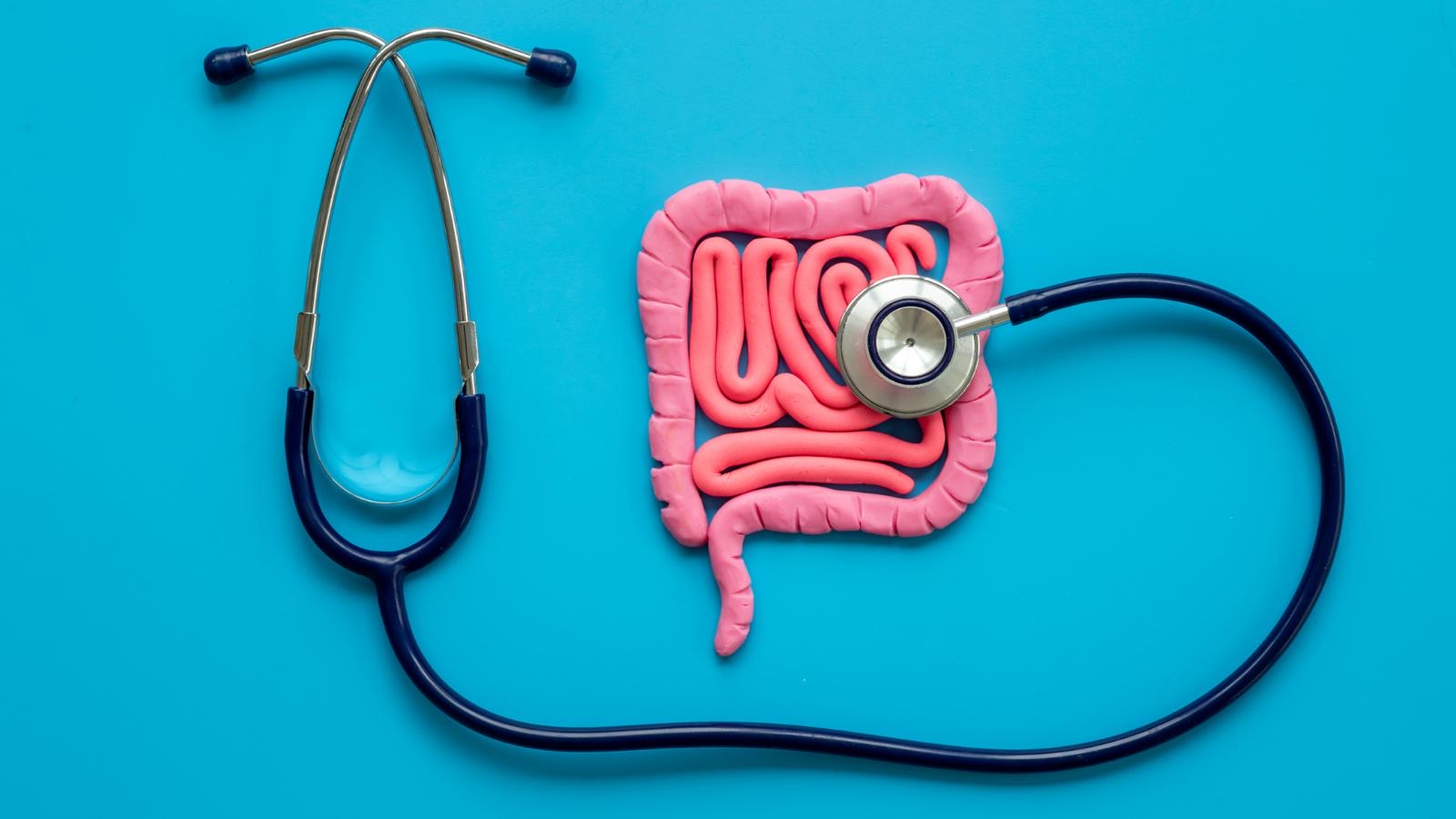
Dietary NeedsDisease ManagementCancer
What Causes Malabsorption in Dogs?
Feb 08 2024
•
7 mins 40 secs
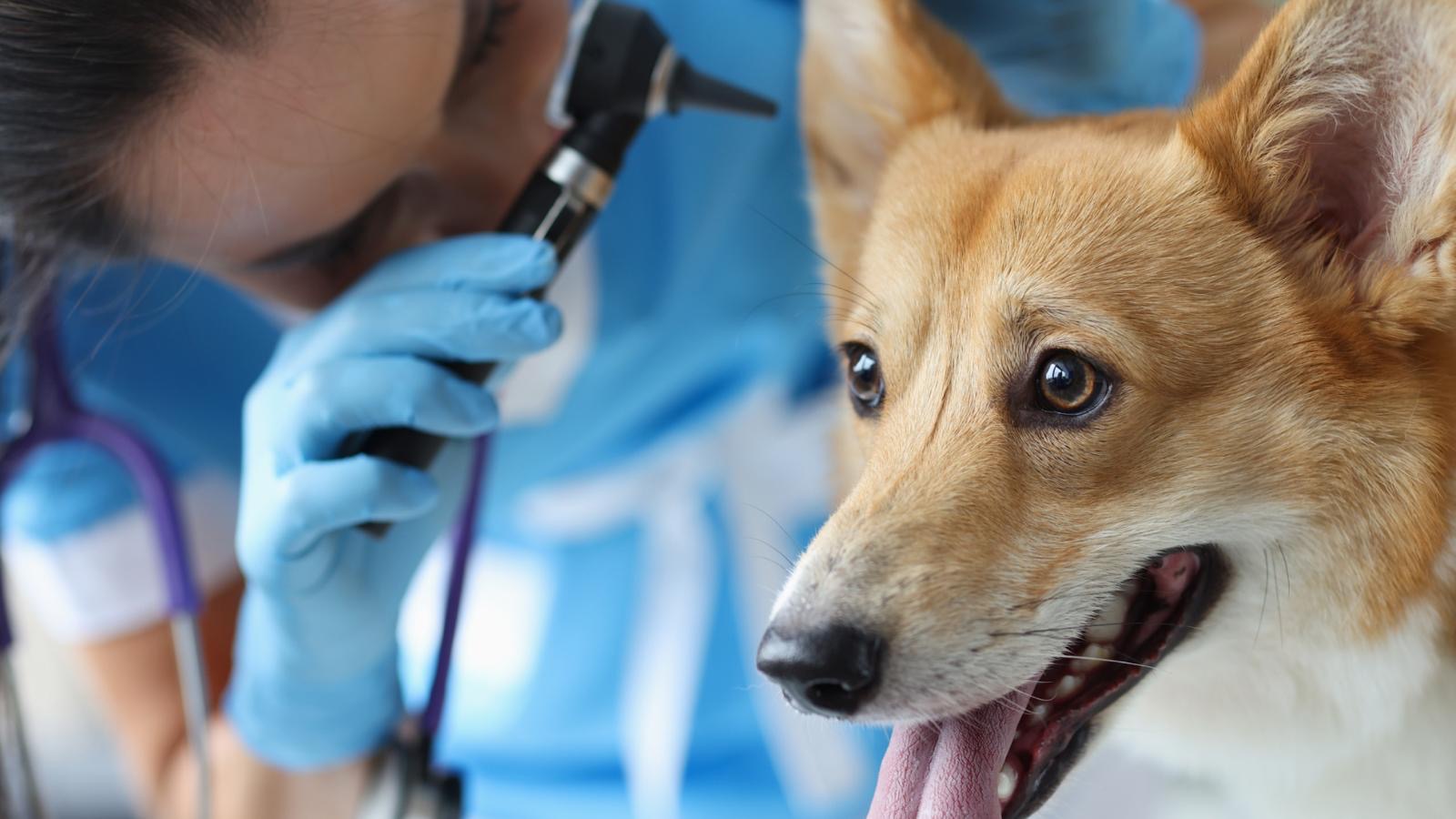
Dietary NeedsDisease ManagementCancer
The Ultimate Guide to Graves Disease in Pets
Nov 30 2023
•
11 mins

Dietary NeedsDisease ManagementCancer
Guide to Laryngeal Paralysis
Jan 11 2023
•
8 mins 40 secs

Dietary NeedsDisease ManagementCancer
The Importance of Iodine for Dogs
Dec 28 2022
•
3 mins 40 secs

Dietary NeedsDisease ManagementCancer
What are Canine Mast Cell Tumours?
Nov 22 2022
•
3 mins

Dietary NeedsDisease ManagementCancer
Why Does My Dog Need Minerals – Part Two
Sep 23 2021
•
12 min read

Dietary NeedsDisease ManagementCancer
Why Does My Dog Need Minerals – Part One
Sep 22 2021
•
7 min read

Dietary NeedsDisease ManagementCancer
Keeping Your Senior Dog Healthy
Aug 17 2021
•
5 min read

Dietary NeedsDisease ManagementCancer
The Lowdown on Cushing’s Disease in Dogs
Jun 22 2021
•
6 min read
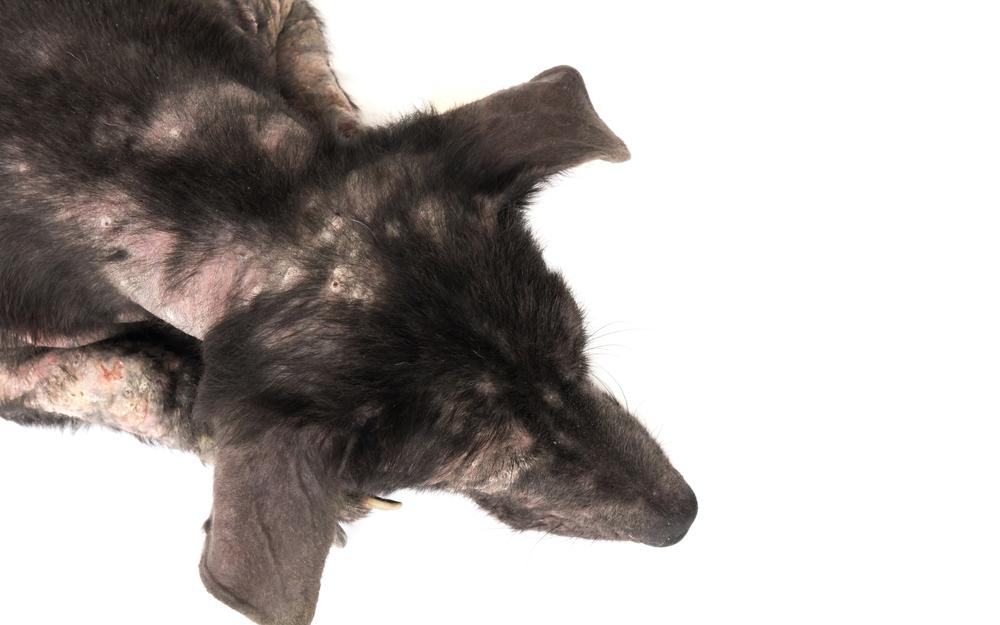
Dietary NeedsDisease ManagementCancer
Why is My Dog Losing His Hair?
Jan 04 2021
•
7 min read

Dietary NeedsDisease ManagementCancer
Functional Ingredients for Cancer
Nov 17 2020
•
6 min read
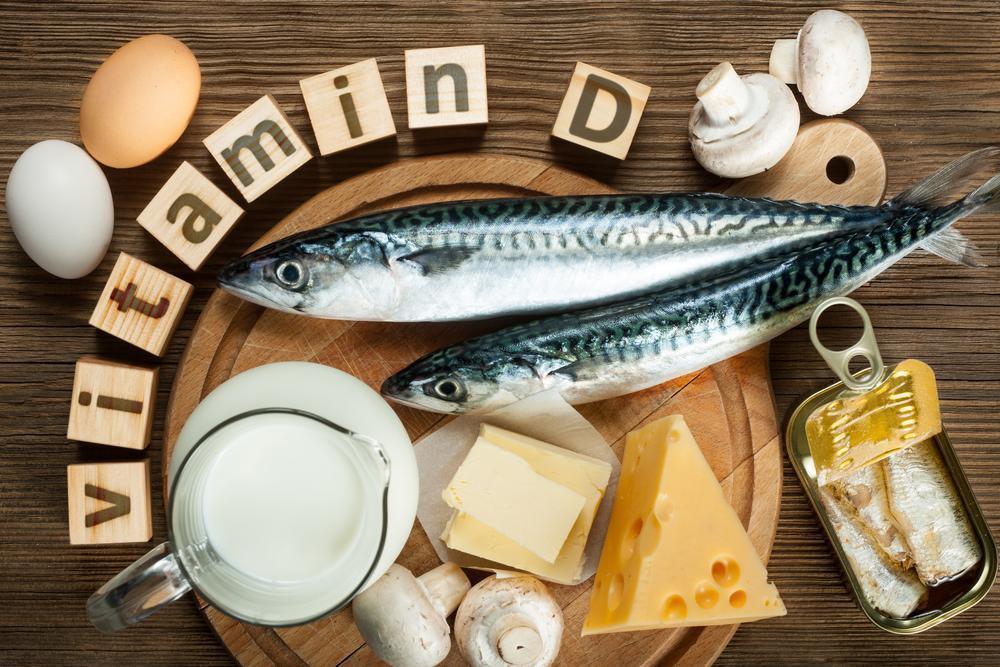
Dietary NeedsDisease ManagementCancer
The Importance of Vitamin D for Cats and Dogs
Sep 15 2020
•
9 min read

Dietary NeedsDisease ManagementCancer
Why Zinc is Important for your Dog
Sep 10 2020
•
8 min read

Dietary NeedsDisease ManagementCancer
Cancer in Pets Part 3: Lifestyle Tips
Mar 06 2020
•
6 min read

Dietary NeedsDisease ManagementCancer
Cancer in Pets Part 2: Supplements
Mar 05 2020
•
8 min read

Dietary NeedsDisease ManagementCancer
Cancer in Pets Part 1: Immunity and Diet
Feb 28 2020
•
6 min read
✕




